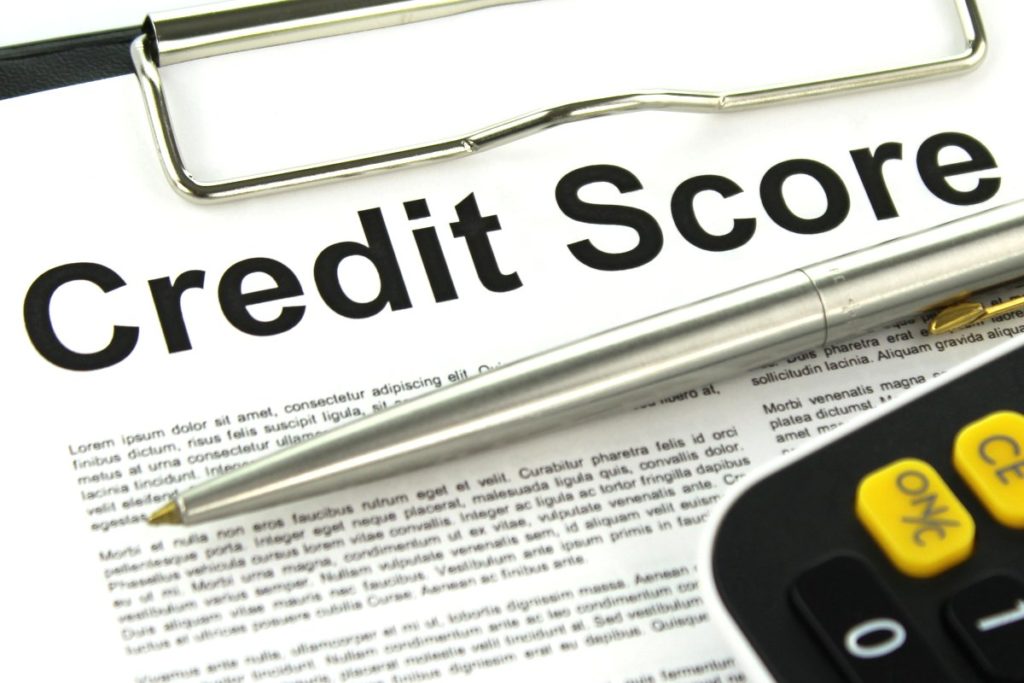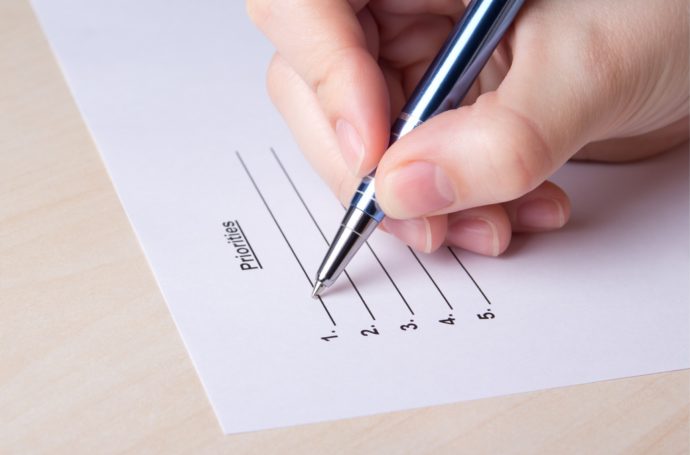
If you’re like most people, you’ve probably thought about improving your credit score. It can sometimes seem overwhelming, which is why creating a plan to fix your credit is a great place to start. The good news is that there are many things you can do to improve your credit score. Many of these are easy to accomplish and can make a huge impact in a relatively short period of time. This article will address some tips and plans you can follow to get started on the road to a healthy financial future.
Credit affects us on a regular basis. If we have great credit, it’s easy to get approved for personal loans, credit cards, auto loans, and anything else we may desire. If we have poor credit, the story goes much differently. While loans for struggling credit exist for those who need them, the amounts are typically capped at around $2000. While useful for a family covering the cost of groceries for a month or paying for a car repair, such relatively small sums are impractical for big life-changing purchases.
Fortunately, there are much easier ways to fix your credit problems. You first must come to terms with exactly what your financial situation is. Knowing what’s on your credit report is the first step. Many services online will be able to provide you with a credit report for free or very little money. After you review your debt, you can begin formulating a plan. If you have many accounts in collections, you may want to consider a credit counseling service. Unlike so-called credit repair services, which are unable to do anything for someone they can’t do on their own, credit counselors help consumers to plan their path to improving credit. They provide insights custom tailored to the specific situation a person is going through, and while they don’t promise a silver bullet solution, they can provide invaluable assistance in formulating a proven way to fixing their bad credit.
Another way to fix your credit is to not apply for credit when it isn’t absolutely needed. Inquiries on your credit report reduce your score. Also, having excessive lines of credit will reduce your score as well. Close accounts that aren’t active. If you do have credit cards that are in good standing, try to pay as much towards them each month as you can. Credit utilization under 30 percent is considered to be optimal. Whatever you do, try to avoid bankruptcy. This has a long-term and often devastating effect on your credit. Instead, attempt to negotiate reduced settlements in order to clear your debts. Many companies will be happy to take some money than none at all. Some companies will also negotiate settlements on your behalf. However, this is, of course, for a fee.
All it takes to get your credit back on track is a little work on your part. Take the time to look at your financial picture and see what you can do to make it better. If you need help, it’s readily available. Once you’re able to get your credit score up, you’ll have much better credit terms. Remember, it’s up to you to act responsibly and use credit wisely.


